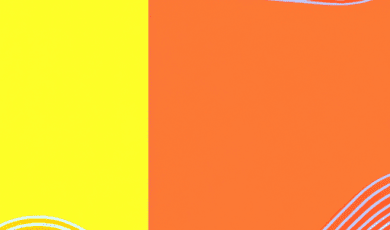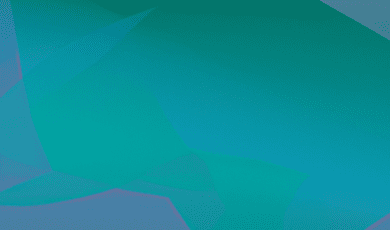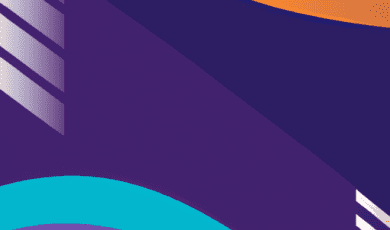
In today’s hyperconnected society, information travels faster than ever before—and nowhere is this more crucial than in the realm of healthcare. With each breakthrough, crisis, or innovation, global news about medicine impacts millions of lives. But beyond headlines and breaking stories lies a less visible, yet vital force: medical translation. As language service platforms like PoliLingua, innovative AI solutions such as Unicrowd.ai, and specialized recruitment networks like LocalHR.co converge, medical interpretation services are transforming how medical news is disseminated, understood, and acted upon around the globe.
Medical Translation in Global News
Imagine a world without accurate translation: a pharmaceutical breakthrough in France fails to reach Latin America; a viral outbreak in China is misunderstood in Africa; a new treatment protocol in the U.S. is lost to European practitioners and their patients. Reliable medical translation and interpretation services serve as the critical bridge across continents, cultures, and languages, shaping not just the flow of news, but also its precision, impact, and reach.
Decoding Complexities: Why Medical News Needs Professional Translation
Medical language is notoriously complex, with terms steeped in Latin, Greek, and the intricacies of anatomy, chemistry, and technology. A single mistranslated word—think of the difference between “benign” and “malignant” or “contagious” and “non-transmissible”—can lead to public misinformation, widespread panic, or even harmful health decisions.
In the era of a pandemic or a global health crisis, the accuracy of news is more than academic; it becomes a matter of life and death. Medical interpretation services ensure that official statements, research findings, and emergency updates are clearly understood by healthcare professionals, journalists, and the general public worldwide.
The Interplay of Technology: From Human Experts to AI
The translation landscape is evolving. Human expertise remains indispensable, especially for complex documents, clinical studies, and live medical interpretation services. Yet, AI-driven solutions—like those pursued by Unicrowd.ai—are augmenting human translators, offering scalable, rapid, and context-savvy translations, particularly for high-volume or time-sensitive news items. Artificial intelligence aids not just in translating text but also in understanding cultural nuances, identifying important keywords for SEO, and ensuring regulatory compliance across jurisdictions.
For instance, AI data collection and annotation make it possible to train language models that recognize medical terms, idioms, and acronyms in dozens of languages, further refining the quality and speed of translations. Human translators, recruited through platforms such as LocalHR.co, bring deep cultural and professional expertise. Combined, these approaches guarantee that the global flow of medical news remains accurate and accessible.
Real-World Impact: Case Studies of Translational Success
- COVID-19 Updates: The rapid translation of medical advisories, protocols, and scientific findings into multiple languages helped global health authorities coordinate their efforts, correct misinformation, and foster trust among diverse populations.
- Outbreak Reporting: Timely, clear translation of news about the Ebola crisis, Zika virus, and other infectious diseases prepared regions far from the epicenter, influencing both policy responses and individual behaviors.
- Pharmaceutical Transparency: The internationalization of clinical trial results, drug labels, and press releases ensures informed choices for patients and providers, while enabling journalists to report accurately on new treatments and approvals.
In each case, professional services such as medical translation services provided the foundation for responsible, fact-based reporting.
The Role of Medical Interpretation Services in Breaking News
When a medical disaster strikes or a major discovery is announced, timing is critical. Medical interpreters are often the unsung heroes of live press conferences, webinars, or televised addresses. They instantly convert highly technical content from one language to another, ensuring reporters, healthcare workers, and the public understand the gravity—and details—of each announcement.
In fast-moving scenarios, interpretation is about more than words. It includes sensitivity to tone, urgency, and cultural context. Here, medical interpretation services ensure international audiences don’t just hear the news—they grasp its full significance.
SEO and the Democratization of Medical News
In the digital age, search engines play an outsize role in who sees what news and in what language. Medical translation is increasingly intertwined with SEO, as platforms localize medical keywords, optimize headlines, and tailor multimedia content for various markets. This democratizes access, giving individuals in non-English-speaking regions the same knowledge as those in the world’s linguistic centers.
As AI-enhanced tools index news sites, social media, and official portals, professional translation services ensure content is both linguistically flawless and digitally visible. The right blend of SEO and medical expertise boosts the credibility and reach of accurate health information globally.
Translation as a Pillar of Global Health Communication
Behind every headline about a rising epidemic, ground-breaking treatment, or urgent health advisory stands a network of linguistic, technical, and cultural experts. The collaboration between traditional translation services, cutting-edge AI, and skilled interpreters powers the news we depend upon to stay healthy, safe, and informed.
As emerging platforms like ours (incorporating the expertise of PoliLingua, Unicrowd.ai, and LocalHR.co) prepare to deliver even more robust solutions, the future of medical translation looks bright. We’re not just translating words—we’re translating trust, accountability, and hope.
In an interconnected world, medical interpretation services and translation are no longer an afterthought: they are a first line of defense in communicating accurate, actionable health information. The next time you read about a medical breakthrough or tune in to a life-saving public announcement from another country, remember the crucial role that precise, professional medical interpretation services play in shaping global news—and, ultimately, in shaping safer futures.







